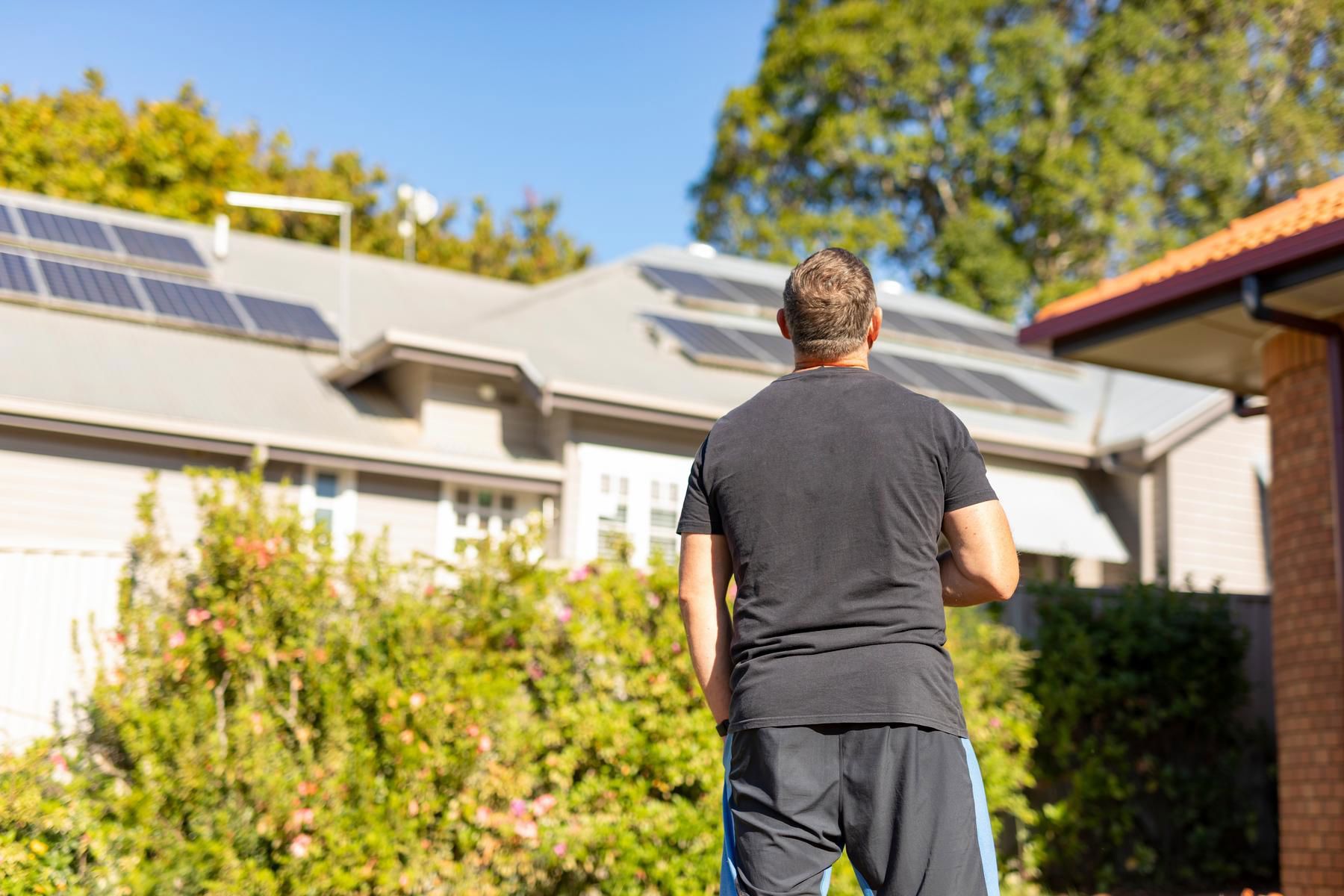Household Energy Upgrades Fund
The CEFC Household Energy Upgrades Fund™ is a specialist $1 billion fund focused on helping homeowners fast track their transition to cheaper, cleaner energy – while lowering their carbon footprint.
HEUF finance at work
Through the Household Energy Upgrades Fund (HEUF), our goal is to provide low-cost finance for best practice energy performance initiatives, working with co-financiers to create tailored and discounted green finance products which are easy for households to access.
Please note: The CEFC does not provide finance to individual borrowers and is not involved in individual financing decisions. Interested borrowers should contact financial institutions directly.
|
Brighte HEUF Discounted
|
CommBank Home
|
ING Green Upgrade
|
|
|
Plenti HEUF Discounted
|
Plico
Subscription plans
More information: |
Westpac Sustainable Upgrades
|
|
|
Bank Australia Clean Energy
|
Enreal and Zelora*Subscription plans
More information: *Financed by the CEFC General Portfolio |
|
|
READ OUR INSIGHT
Opening doors for sustainable Australian homes
Read our Investment Insight to find out how the CEFC is helping to lower emissions for Australian homes, via the Household Energy Upgrades Fund.
Read moreFast-tracking your household sustainability
As with any financial decision, consumers should undertake their own research and due diligence when considering applying for HEUF finance. This includes working directly with the HEUF delivery financier on products and labour. Take time to think about the technologies that might benefit you, the role of the HEUF co-financiers and the role of the CEFC.
Eligible technologies
HEUF finance specifically targets energy improvements to existing dwellings, which may lack best practice building, energy efficiency, and heating and cooling options. A broad approach to eligible technologies provides flexibility for borrowers while creating scope for new and emerging technology solutions where these reduce household emissions. Eligible technologies may include:
- Energy generation and storage: Solar PV systems and batteries, solar hot water systems
- Heating and cooling: Double-glazed windows, insulation, air-conditioners, ceiling fans and heat pumps
- Plus: Electric vehicle chargers, home energy monitoring systems, pool pumps and induction cooktops.
Role of our Co-Financiers
Working with established co-financiers means HEUF finance can be more readily available to a broad range of consumers Australia-wide. Co-financiers:
- Pass on the benefits of HEUF finance to borrowers
- Finance eligible technologies as agreed with the CEFC
- Create and deliver specialist financing products to customers
- Assess individual loan applications.
The CEFC and consumers
The HEUF is structured so that the CEFC can leverage the consumer reach and lending capability of Australian financiers to offer discounted consumer loans to customers. This means that the CEFC:
- Does not offer loans directly to consumers
- Is not responsible for the assessment and approval of individual loan applications
- Does not encourage, promote or endorse products or associated companies for the installation of products
- Is not responsible for products or labour selected that are not fit for purpose, do not suit consumers’ needs or are faulty
- Is not responsible for any incidents, accidents or injuries arising from products or labour associated with the installation of products.

The Green Files
Powering homes, saving energy: One year of the HEUF
Since its launch, the $1 billion Household Energy Upgrades Fund’s TM (HEUF) rapid pace of success has surprised even one of its lead architects. One year in, Grace Tam, CEFC Head of Consumer Finance and passionate advocate for making energy efficiency accessible to all Australians, discusses how the fund is building strong momentum among households, financial institutions and home energy specialists.

more information
Frequently asked questions
Our FAQs have essential information about what we can invest in and how we make investment decisions.
Read more








